News
+ more news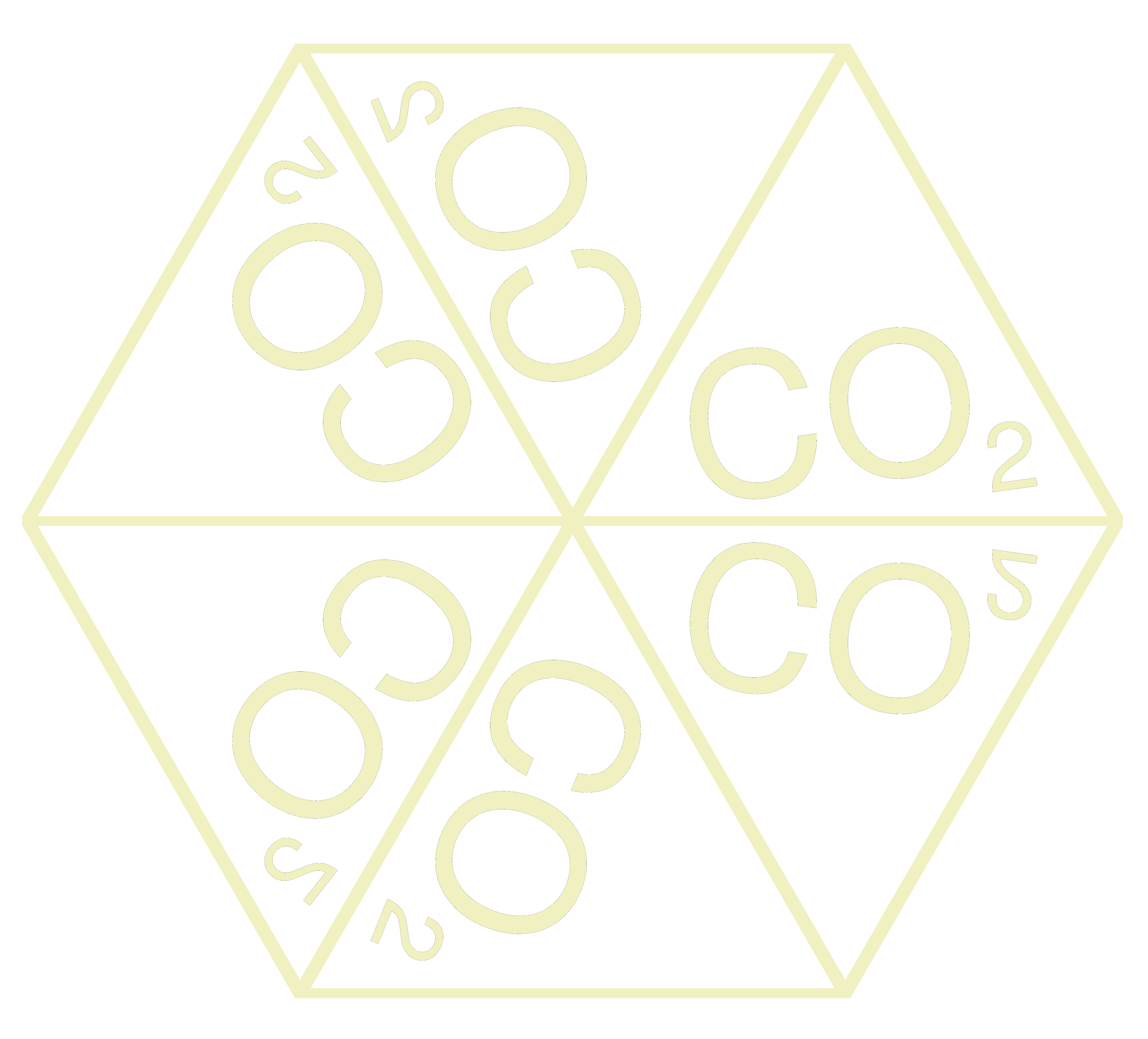
2021 update of Jena CarboScope - a SOCAT-based ocean CO2 flux product
Tuesday, 14 September 2021
We would like to let you know that an updated version of Jena CarboScope ocean CO2 flux product can be accessed from the website at http://www.bgc-jena.mpg.de/CarboScope/?ID=oc_v2021. CarboScope provides the temporally and spatially resolved estimates of the global sea-air CO2 flux based on the SOCAT data set of pCO2 observations, as presented in Rödenbeck et al., 2013. The product comprises seasonal, interannual, and day-to-day variations. This update involves the use of SOCATv2021 data and the additional year 2020.
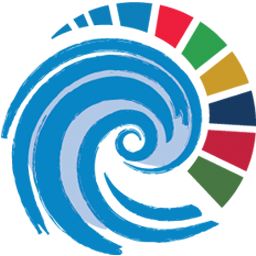
OASIS for a Predicted Ocean, a UN Ocean Decade Laboratory Satellite Event, 16 September @ 14:00 & 23:00 UTC
Thursday, 09 September 2021
On behalf of the event organizers, we invite you to join the OASIS for a Predicted Ocean, a UN Ocean Decade Laboratory Satellite Event held on Thursday, September 16 during two identical one-hour sessions at 14:00 UTC and 23:00 UTC. This online workshop will bring the air-sea observation community together to discuss how we can contribute to Observing Air-Sea Interactions Strategy (OASIS) themes to make OASIS goals a reality. The Satellite Activity will encourage brainstorming and collaborations using short pre-recorded talks combined with highly interactive online tools. We will use Gather.Town with separate rooms for each theme, whiteboards, a poster session room, small meeting areas, and a larger plenary session. Don’t miss your chance to help launch the OASIS for a Predicted Ocean.
Please register for this workshop at no cost at the following link: https://airtable.com/shreC0mGhtDDUiz2O See below for more information on the themed poster sessions and events timetable.
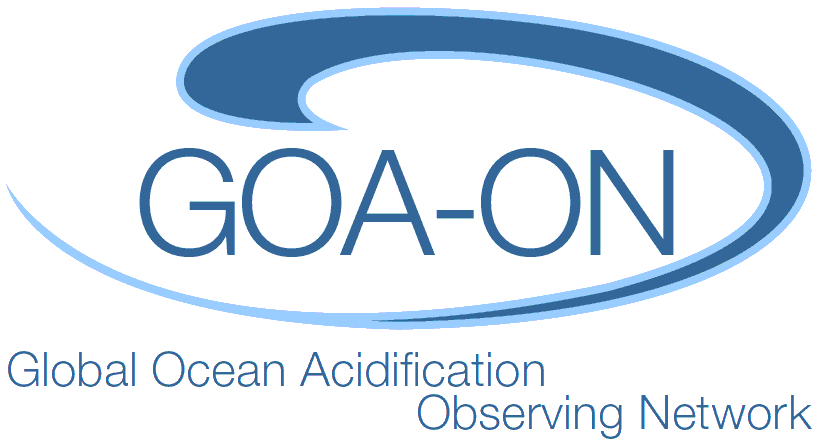
GOA-ON Ocean Acidification Week 2021, 13-17 September 2021
Monday, 06 September 2021
On behalf of the Global Ocean Acidification Observing Network (GOA-ON) we would like to let you know that the Ocean Acidification Week 2021 is just around the corner (Monday 13 September - Friday 17 September, 2021). This year, GOA-ON's virtual OA Week includes 5 plenary sessions, updates from each regional hub, and many community discussion sessions. The full program can be viewed from here.
Please visit the OA Week 2021 webpage for more details about each virtual session, and to register. Feel free to share the webpage and full program with your professional networks.
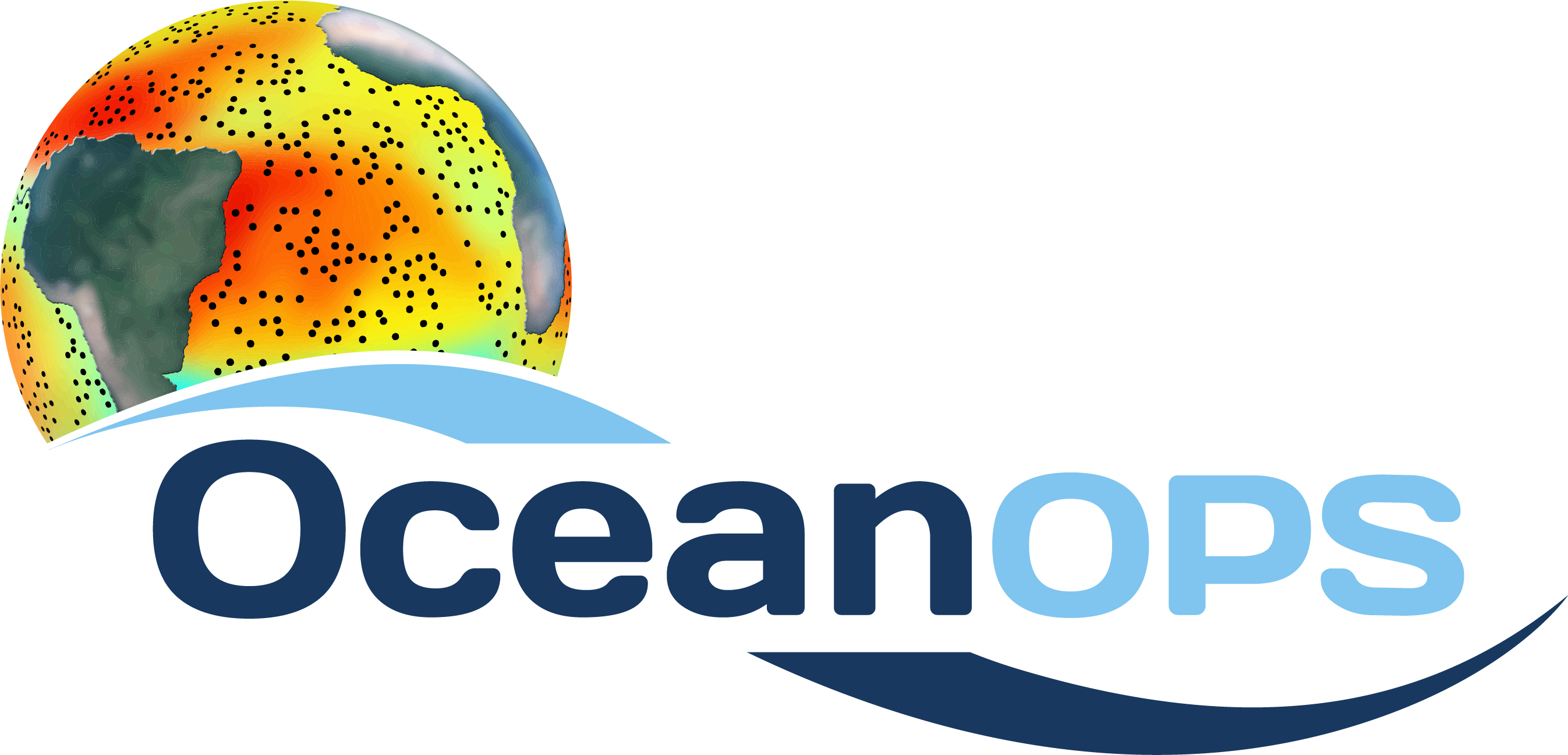
Ocean Observig System Report Card 2021
Thursday, 19 August 2021
We are happy to let you know that the Ocean Observing System Report Card for 2021 was released in July by the GOOS Observations Coordination Group. Each year this Report provides a key insight into the status of the Global Ocean Observing System, assessing observing networks’ progress, focusing on what is needed to meet the challenges and demands for ocean information, and encouraging collaborations and new partners to join the ocean observing community.
The 2021 Report features several key areas including a section on the status and value of monitoring ocean oxygen and deoxygenation to which IOCCP and the Global Ocean Oxygen Network (GO2NE) among others have contributed. The 2021 Report Card can be viewed online or downloaded as PDF from www.ocean-ops.org/reportcard2021

Release of GLODAPv2.2021
Tuesday, 17 August 2021
On behalf of the GLODAP Reference Group, and hundreds of seagoing oceanographers that tirelessly have collected data all over the ocean, we are happy to announce the publication of GLODAPv2.2021. The Global Ocean Data Analysis Project (GLODAP) data product provides access to quality controlled surface to bottom ocean biogeochemical data, with an emphasis on seawater inorganic carbon. GLODAPv2.2021 is an update of the previous version, with 43 additional cruises, extension of time coverage until 2020, and the inclusion of DOIs for each individual cruise. GLODAPv2.2021 includes measurements from more than 1.3 million water samples from the global oceans collected on 989 cruises. The data for the 12 core variables have undergone extensive quality control, especially systematic evaluation of bias. The data are available in two formats: (i) as submitted by the data originator but updated to WOCE exchange format and (ii) as a merged data product with adjustments applied to minimize bias.
The original data, their documentation and doi codes are available at the Ocean Carbon Data System of NOAA NCEI. This site also provides access to the merged data product, which is provided as a single global file and as four regional ones. An accompanying manuscript has been submitted for consideration for publication in Earth System Science Data: https://essd.copernicus.org/preprints/essd-2021-234/. See also the GLODAPv2.2021 release poster.

GOA-ON Webinar on "Regional changes in Southern Ocean biogeochemistry due to projected carbon uptake," 14 July, 00:00 UTC
Thursday, 08 July 2021
We would like to let you know that the next presentation in the GOA-ON Webinar Series will take place on Wednesday, 14 July 2021 at 10:00 Australian Eastern Standard Time (UTC +10). The speaker will be Dr. Eric Mortenson, a postdoctoral researcher at CSIRO, Australia. His talk is entitled, "Regional changes in Southern Ocean biogeochemistry due to projected carbon uptake". Please register here: https://register.gotowebinar.com/rt/3191371397724780304
If you missed any of the GOA-ON webinars, you can watch them on the GOA-ON Youtube Channel. Most recently, we heard from Dr. Mohammed Idrissi, Dr. Melissa Chierici, and Dr. Chibo Chikwililwa who discussed ocean acidification monitoring across western Africa.

“A vision for FAIR ocean data products” by Tanhua et al. published in Nature Communications
Thursday, 01 July 2021
We are delighted to announce the publication of “A vision for FAIR ocean data products” in Nature Communications authored by the GLobal Ocean Data Analysis Project (GLODAP) Reference Group Co-Chairs Toste Tanhua (GEOMAR, Germany) and Siv Lauvset (NORCE, Norway) and others, including several current and former members of the IOCCP Scientific Steering Group.
The paper, informally known as the GLODAP Manifesto, highlights the critical role which the co-located high-quality measurements of physical and biogeochemical parameters collated in GLODAP play in quantifying and monitoring the ocean cycles of carbon and related biogeochemical EOVs, and thus informing the stakeholders (e.g. the IPCC assessments, the Global Climate Observing System indicators) on several critical processes. Making GLODAP fully FAIR (findable, accessible, interoperable, and reusable) requires substantial upgrades to the existing data extraction system to benefit various users and their growing needs. Recognizing that GLODAP, just like SOCAT and other ocean data synthesis products, remains a largely unfunded, community effort, the paper calls for building and supporting a sustained infrastructure and associated resources to ensure that GLODAP continues to provide the global community with a unique service, the importance of which will only increase as we step up our climate mitigation and adaptation efforts.
The paper is available in open access from here. It can be cited as:
Tanhua, T., Lauvset, S.K., Lange, N. et al. A vision for FAIR ocean data products. Commun Earth Environ 2, 136 (2021). https://doi.org/10.1038/s43247-021-00209-4

GO2NE webinar on Ocean Deoxygenation, 24 June 2021, 14:00h-15:00h UTC
Tuesday, 22 June 2021
Please join the Global Ocean Oxygen Network (IOC Expert Working Group GO2NE) for a new session of its webinar series on ocean deoxygenation. The eighth webinar will take place 24 June 2021, 14:00 h UTC. The speakers will present latest science on the impacts of reduced oxygen in coastal zones. The webinar will feature presentations by a more senior and an early-career scientist, 20 minutes each followed by 10 minutes moderated discussion sessions. Presentations, questions and answers will be in Spanish, however we will try to accommodate English questions and to facilitate the understanding slides will be in English. Please register for the webinar here.
The webinar will be moderated by Ivonne Montes (Subdirección de Ciencias de la Atmósfera e Hidrósfera, Instituto Geofísico del Perú, Peru), and the presentations will be given by Veronica Molina (Laboratorio Observatorio de Ecología Microbiana, Facultad de Ciencias Naturales y Exactas, Universidad de Playa Ancha, Chile) on "Estudio de »consorcios microbianos« en la Zona de Mínima de Oxígeno del Pacífico Sudoriental" and Matias Pizarro-Koch (Millennium Nucleus Understanding Past Coastal Upwelling Systems and Environmental Local and Lasting Impacts (UPWELL), Chile) on "Modelación Fisico-Biogeoquimica de la Zona de Minimo Oxígeno subtropical frente a Chile."
If you missed one of the previous editions, you can watch the the recordings here. If you want to receive further information about upcoming webinars please register here.
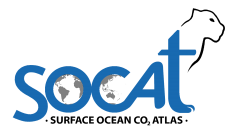
SOCAT version 2021 released
Tuesday, 15 June 2021
We are excited to announce the release of Surface Ocean CO2 Atlas (SOCAT) version 2021 which is now available via www.socat.info. SOCAT documents the increase in surface ocean CO2 for the global oceans and coastal seas. Quantification of the global ocean CO2 uptake to better than 0.2 Pg C yr-1 requires an accuracy of < 2 μatm for in situ surface ocean fCO2 (fugacity of CO2) measurements. Quality-controlled, synthesis and gridded products in SOCAT version 2021 contain 30.6 million in situ surface ocean fCO2 measurements with an estimated accuracy of < 5 μatm. A further 2.1 million fCO2 values with an accuracy of < 10 μatm are also available. Data collection has continued during the pandemic, albeit at a reduced rate.
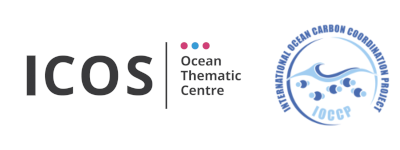
Public webinar to kick off the 1st ICOS OTC pCO2 instrument inter-comparison, 25 June 2021, 13:00-14:30 UTC
Monday, 14 June 2021
We are excited to announce that on June 25 at 13:00-14:30 UTC, the Integrated Carbon Observation System - Ocean Thematic Centre (ICOS OTC) together with the IOCCP will hold a public webinar to kick off the 1st ICOS OTC pCO2 instrument inter-comparison whichwill take place at the Flanders Marine Institute (VLIZ) in Oostende, Belgium, on 28 June - 11 July 2021.
The webinar will introduce the structure and goals of the exercise but also provide a historical overview and legacy of past pCO2 inter-comparison exercises which took place between 1995 and 2010. The webinar will be moderated by Dariia Atamanchuk (IOCCP Scientific Steering Group member, and theInter-comparison Organizing Committee member) and Artur Palacz (IOCCP Project Officer). The agenda is as follows:
The IOCCP promotes the development of a global network of ocean carbon observations for research through technical coordination and communication services, international agreements on standards and methods, and advocacy and links to the global observing systems. The IOCCP is co-sponsored by the Scientific Committee on Oceanic Research and the Intergovernmental Oceanographic Commission of UNESCO. Read more…
Calendar
|
|
IOCCP meetings, IOCCP-related meetings as well as events related to a wider scope in marine biogeochemistry. |



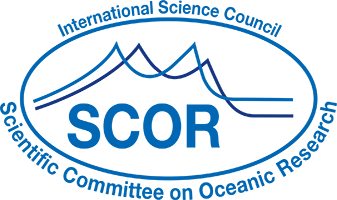

 Please wait...
Please wait...